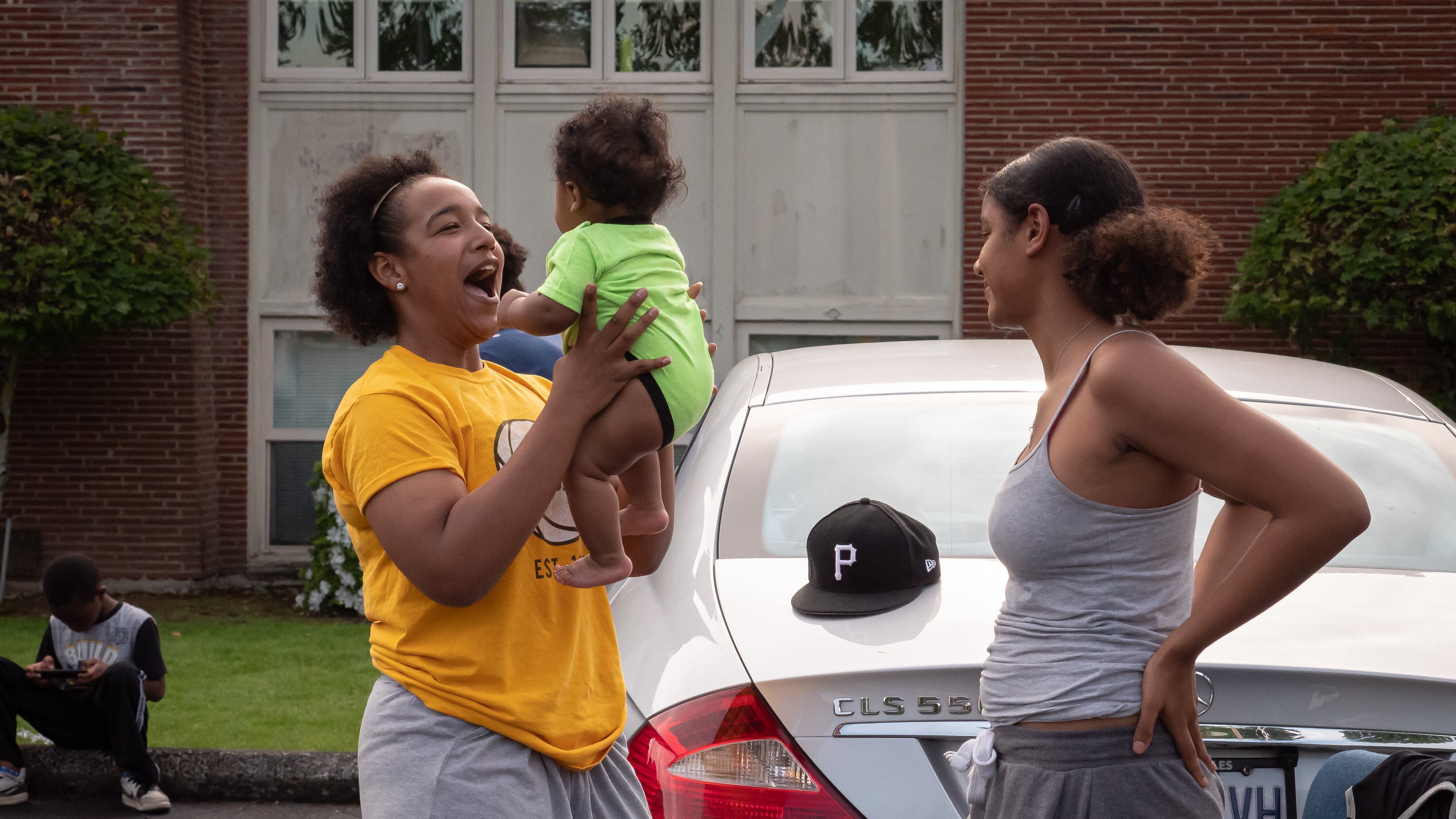In 2013, the proposed construction of a Trader Joe’s at the intersection of Northeast Martin Luther King Jr. Boulevard and Alberta Street set in motion what WW reporter Nigel Jaquiss called a PR crisis for the city of Portland.
But perhaps another way to describe that crisis is “long-overdue reckoning.”
The failed real estate project turned a fresh eye on Portland’s issues of racial segregation, resulting in the North/Northeast Neighborhood Housing Strategy aimed to bring Black residents back to the historically Black Albina neighborhood. Eight years later, however, it seems the city is still just scratching the only surface, and Jaquiss wants to know why.
Oregon has been historically inhospitable to Black people. Originally, we were barred from residing in the state. Then, when the state required more workers, we were relegated to a floodplain, which would be destroyed by—you guessed it—a flood. Post-flood, redlining prevented Black residents from moving beyond the borders of the Albina District, much of which was effectively leveled when the city invoked eminent domain to buy more than 1,000 homes below market value. It then destroyed them all to build Interstate 5, Memorial Coliseum and Legacy Emanuel Hospital.
Portland’s attempt at a panacea for generations of racial intolerance is the North/Northeast Neighborhood Housing Strategy, a three-pronged plan that prioritizes housing for those affected by the Albina land grab. Critics say the housing strategy is just a drop in the bucket, and homeowners assisted by the strategy lament an Albina that once was while trying to navigate the wealthy, overwhelmingly white Albina that exists today.
But what would make a project like this a success? And how would that play out without re-creating segregated Portland? Nigel and I will discuss the whole affair on this week’s episode of Dive, but first I’ll speak with Dr. Darrell Millner, professor emeritus of Black studies at Portland State University, to get a historical perspective that examines the complexity of pseudo-reparations.

